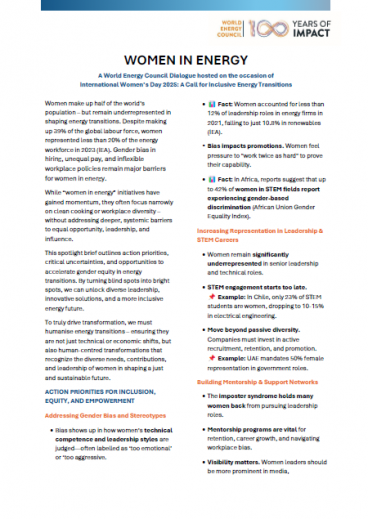Race to Zero: what more can companies do?
By Nigel Topping, COP26 High Level Climate Action Champion
We are in a race to zero. Momentum is building in the transition to a net zero-carbon emissions economy. This includes a transformation of global energy system. Renewables accounted for over 75% of global power capacity additions in 2019 – a sector which comprises just over one fifth of the world energy system. The cost of solar and wind power has declined by over 80% and 60% respectively in the last ten years. More and more energy companies are committing to end their contribution to greenhouse gas emissions – including household names like BP, Shell, Enel, Iberdrola and EDF. And those that have not yet are increasingly considering such a commitment.
Companies are acting on climate change because they see the benefits. They see the large and growing market of low carbon goods and services, which they want to be a part of. They see that the low carbon option often reduces their costs – solar and wind power is now cheaper than new coal or gas power in two thirds of the world – and increases energy security, as it is produced domestically. They see that reducing emissions contributes to mitigating the risks of runaway climate change. They see that their business can stand out as one contributing to tackling climate change. This in itself is important in a world where expectations of action on this issue – by investors, consumers and employers – is only getting stronger.
The global energy transition needs to develop in a way that enables faster progress towards a net zero carbon emissions economy and society, and also meets the energy demand growth in emerging and developing economies. Renewables cost reductions are thankfully making low carbon, low cost technologies available to more and more people around the world. But further international efforts are needed. The World Energy Council’s global community, with its deep energy expertise and approach of engaging regional diversity, is well placed to advance the development of new market design that enables a new kind of hybrid energy sector to accelerate the global transition to clean, affordable, reliable and equitable energy for everyone and the environment.
Next year will see UN climate talks (‘COP26’) take place in the UK. COP26 is the first opportunity for the international community to take stock of the Paris Agreement and raise our collective ambition in the effort to limit global warming to under 1.5 degrees Celsius. My role as High Level Climate Action Champion for COP26 is to make sure that the whole ecosystem of businesses, investors, civil society and others are part of this effort, in addition to our governments.
An increasing number of energy companies – MNCs, SoE, SMEs - are already engaging in the climate neutrality challenge. So, what more can companies do to be part of the race to zero? Firstly, set ambitious carbon reduction targets. Join the UN Global Compact Business Ambition for 1.5 degrees campaign, by setting a public target for zero net emissions (‘net zero’) by 2050 at the latest. Such targets should be ‘science based’, i.e. in line with what the best science says is required for striving to limit global temperature rise to 1.5 degree above pre-industrial levels. The Science Based Targets Initiative has a selection of tools and resources to support you. There is specific support for utilities companies. Secondly, make a plan to achieve the targets, including measuring and monitoring emissions. The plan might include energy efficiency, using renewable energy and electrifying car fleets. It might mean rethinking business models, doing things differently, or starting new business lines. It could include working with supply chains, customers and employees to change practices. Thirdly, make the changes necessary to meet the targets, from the plan. Finally, achieve the targets!
If we’ve learned one thing from COVID-19, it’s how much we depend on each other, for our health systems, as well as for our food systems and supply chains. Our society is only as safe as its most vulnerable members. As we rebuild our economy, we can, and we must, recover better. How business leaders decide to reactivate the economy in response to this crisis will either amplify global and national threats or mitigate them. The case for prioritising measures which are consistent with net zero emissions trajectories is now overwhelming. I welcome the work of the World Energy Council in responding with agility to the COVID-19 crisis by developing post-crisis scenarios to help prepare, rehearse and shape better energy transition pathways and its ongoing efforts to accelerate the development of clean hydrogen global value chains.
To summarise, we are in a race to zero - we urge businesses to stand up and be counted by setting truly ambitious science-based net zero targets to reduce greenhouse gas emissions. A global energy system transformation is underway as part of creating a low-carbon future. Companies can either help to drive this transition and be masters of their own fates or be reactionary and behind the curve. Finally, we know we are better when we work together. A co-ordinated global approach, which draws on the neutral and pragmatic ‘how to’ wisdom of global communities of practice such as the World Energy Council, will enhance our ability to maximise the benefits of the transition. Now more than ever, working together is key.






_-80_result_688_387_s_c1_c_c.jpg)

